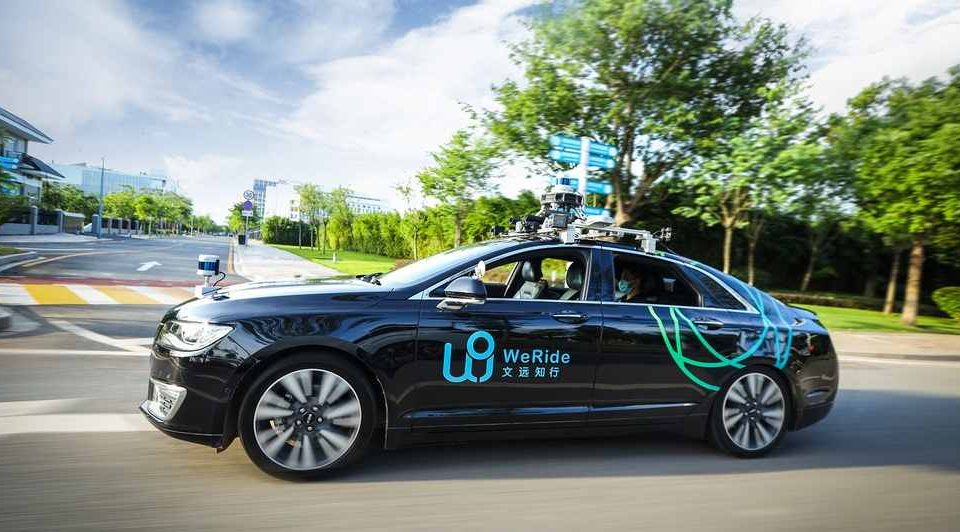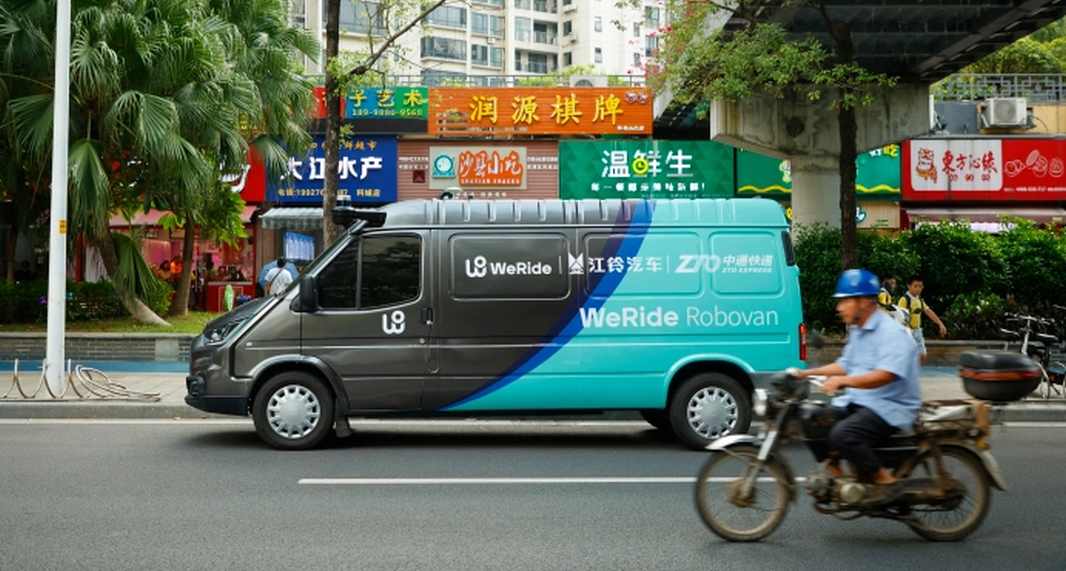Self-driving tech startup WeRide expands its global reach amid AI boom

It’s been three years since we last checked in on WeRide, the Guangzhou-based smart mobility startup specializing in L4 autonomous driving technologies. Back then, WeRide made headlines with the debut of its self-driving cargo van, Robovan, its debut self-driving cargo van designed for autonomous deliveries.
Fast forward to today, WeRide is charging ahead with global expansion, spurred by the AI boom that is transforming the transportation sector.
“Logistics delivery and waste transport have advanced rapidly, moving from indoor to outdoor robotics and now to fully autonomous operations. AI development is driving these changes at an unprecedented pace,” said Sebastian Yee, WeRide’s Singapore director of business development, in a recent interview.
In June, WeRide began safety testing for its Robosweepers in Singapore, following successful rollouts in several Chinese cities. These AI-driven vehicles, designed for tasks like road sweeping, water spraying, and disinfection, can detect road conditions and navigate around pedestrians and obstacles without a safety driver once they pass testing.
The same month, WeRide launched an autonomous public shuttle bus service at Resorts World Sentosa in Singapore, with a safety driver onboard.
Founded in 2017 by Qing Lu, Tony Han, and Yan Li, WeRide is a pioneering force in AI and robotics-driven mobility. It holds the distinction of being China’s first L4 autonomous driving technology startup to secure strategic investments from the Renault-Nissan-Mitsubishi alliance and GAC Group.
WeRide’s global team comprises over 200 employees, 70% of whom are R&D engineers. The core management team boasts extensive experience from tech giants like Google, Facebook, Microsoft, Baidu, DiDi, and Cisco, with expertise in both technology development and business operations in China and the USA.
WeRide is developing a range of autonomous driving technologies, with its most advanced systems capable of operating vehicles independently, although a safety driver remains onboard as a precaution.
In an interview with CNBC, Kerry Xu, WeRide’s general manager in Singapore, said: “WeRide is unique in holding [driverless] permits from the U.S., China, UAE, and Singapore. While many companies have permits in one or two countries, we have secured approvals in four.”
“We are not just a Chinese company; we are international. We have started expanding to other countries,” Xu added.
WeRide is eyeing markets in Japan and Europe. “We’re going to Europe. Recently, we attended the French Open and deployed a vehicle there. This is just the beginning of our expansion,” Yee stated.
On Friday, WeRide filed for an initial public offering (IPO) on the Nasdaq, without disclosing the amount it aims to raise. This IPO could be the largest U.S. listing by a Chinese company since Didi’s IPO in 2021, which was followed by delisting due to regulatory issues, CNBC reported.
In its SEC filing, WeRide, incorporated in the Cayman Islands, acknowledged potential “legal and operational risks and uncertainties associated with being based in or having operations primarily in mainland China.” The company declined to comment further on the IPO.
Global Self-Driving Cars Ambition

WeRide
To fuel its global ambition, WeRide strategically chose to enter Singapore and the UAE due to their status as pivotal hubs for Southeast Asia and the Middle East, respectively. Both nations exhibit a progressive stance towards autonomous vehicle technology, Yee told CNBC
“To succeed, we need a robust government and a well-established ecosystem,” Yee explained, emphasizing the importance of having a regulatory framework in place. “A certain level of market regulation is essential.”
He further noted that countries must demonstrate a “comprehension of AI development” and exhibit a “commercial acumen.”
“Some nations may lack commercial maturity but possess the vision to innovate. Without such vision, collaboration becomes futile.”
Singapore has been at the forefront of autonomous vehicle trials, with A*STAR’s self-driving vehicle being the first to receive approval for public road testing in July 2015. Additionally, Changi Airport is set to trial a self-driving bus for transporting workers within its restricted area this quarter, aiming to enhance productivity.
In July 2020, WeRide became the first in China and second globally to test fully driverless cars on open roads, following its acquisition of China’s first remote-control permit for road tests of Intelligent and Connected Vehicles (ICV).




